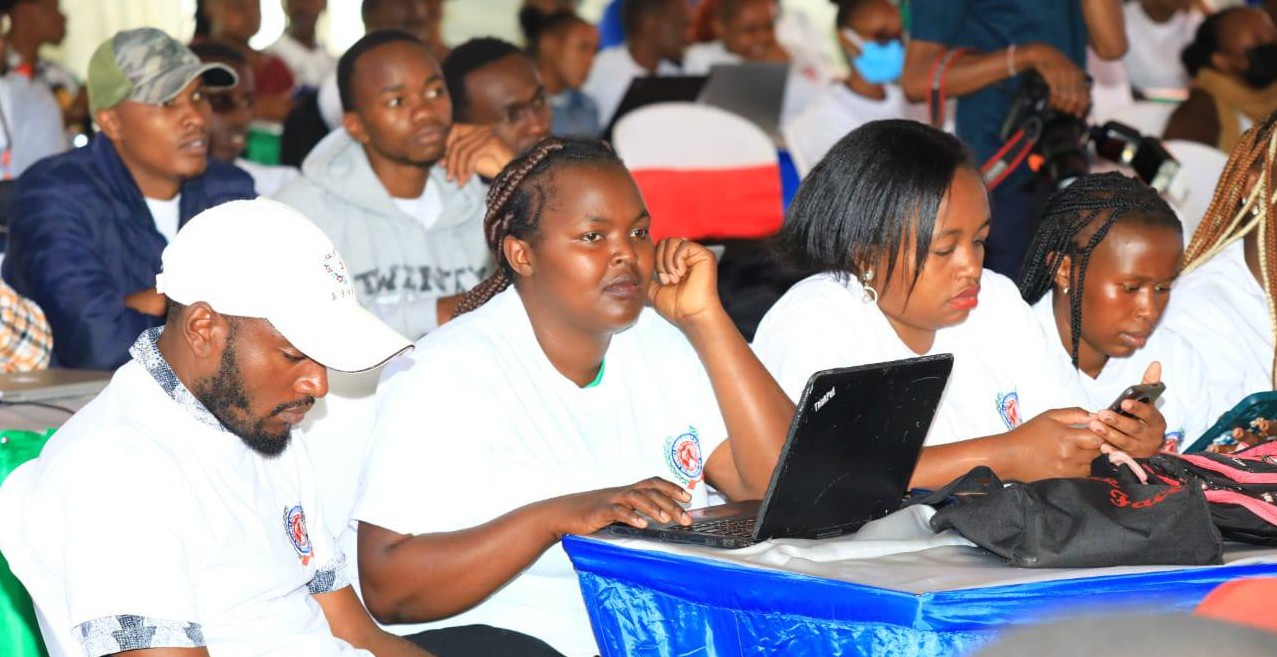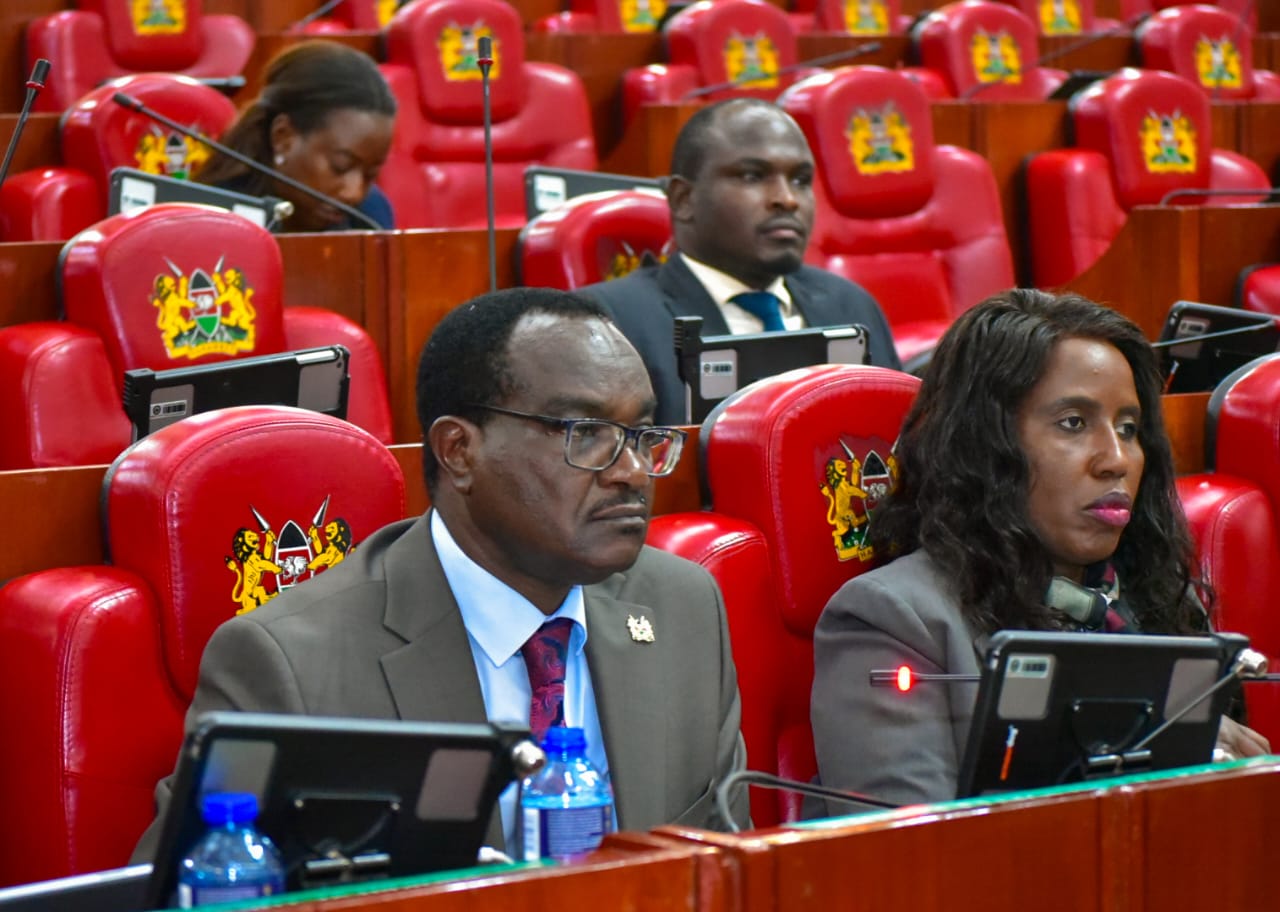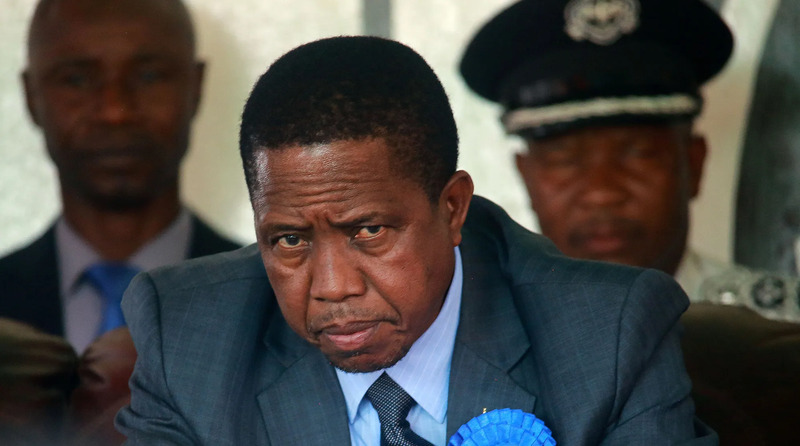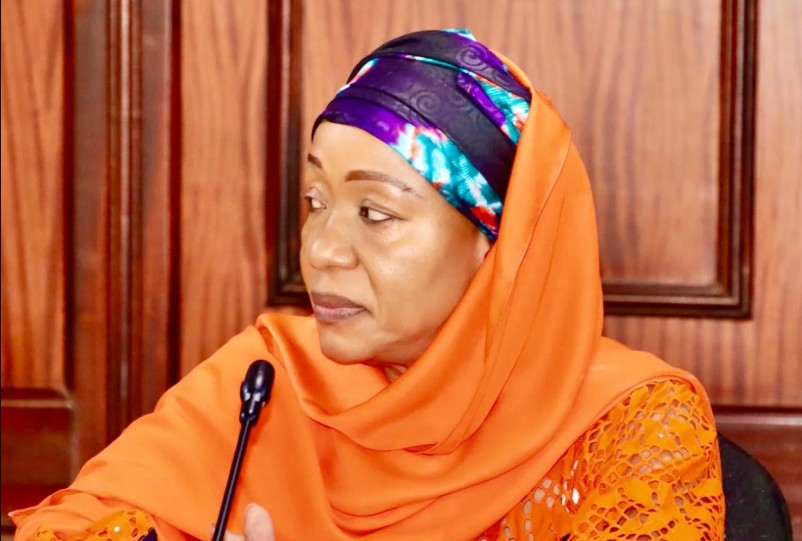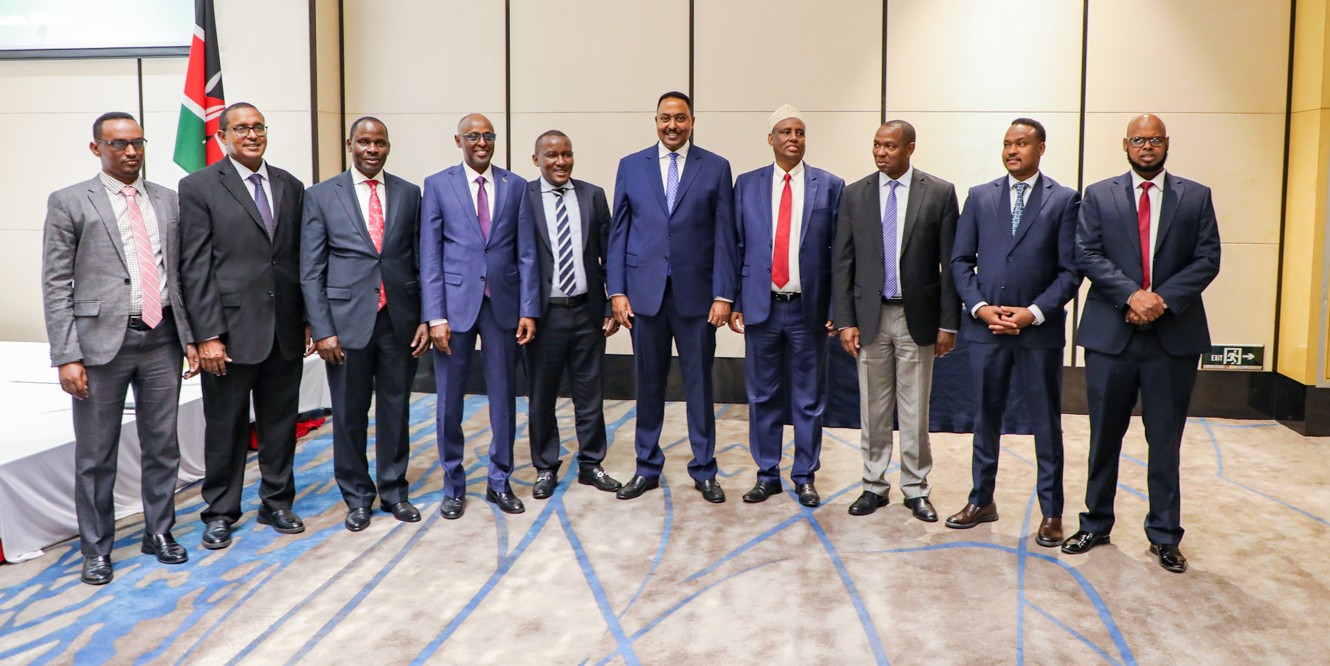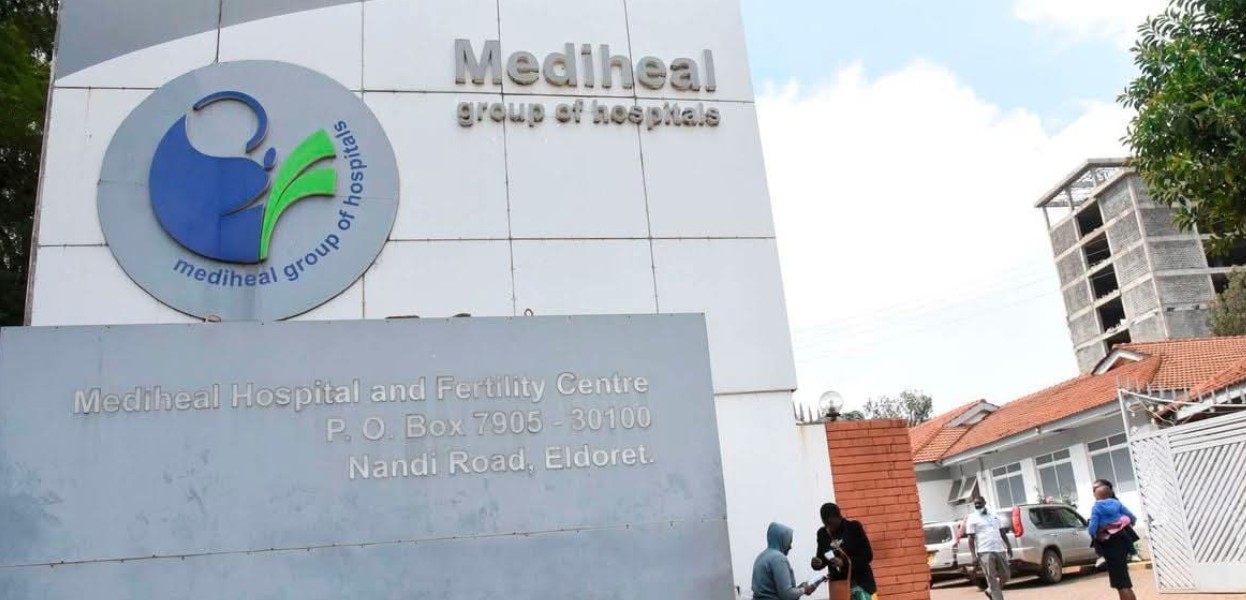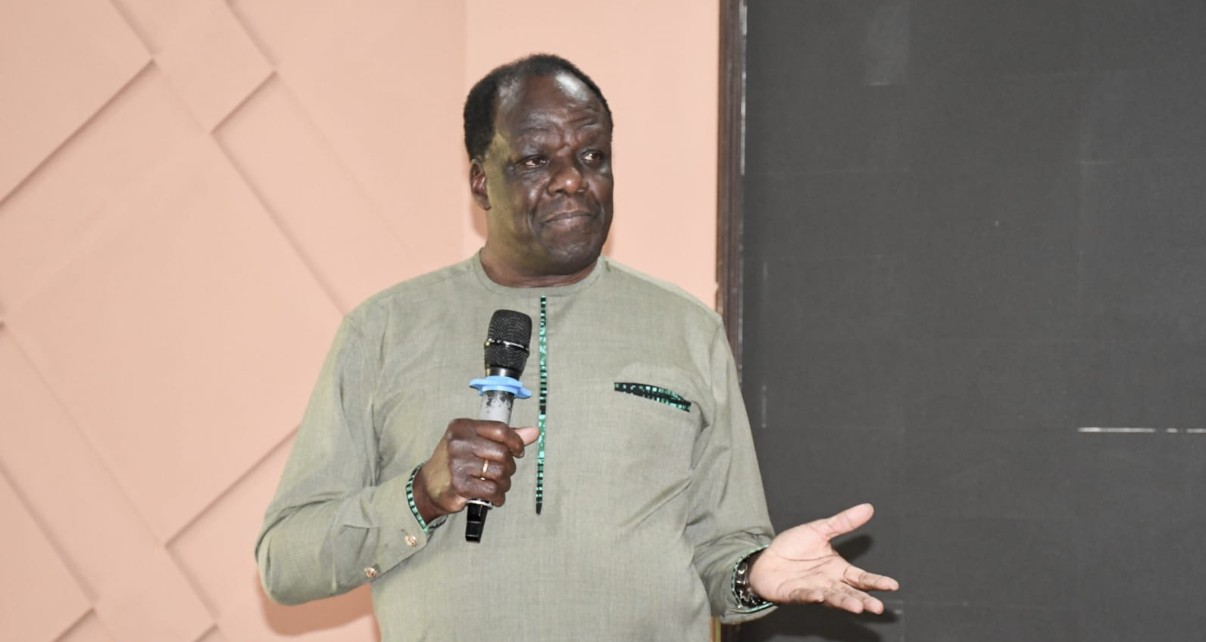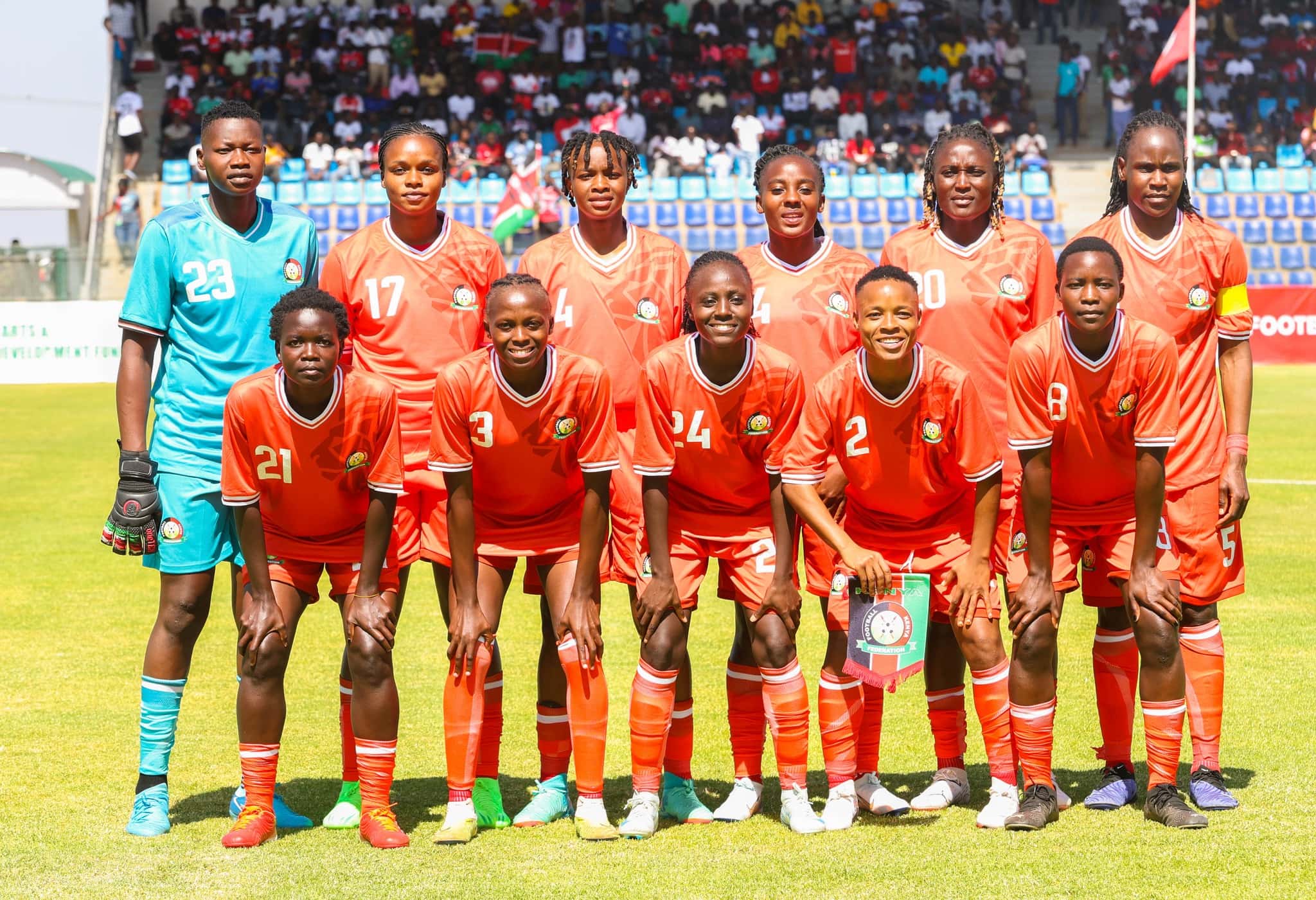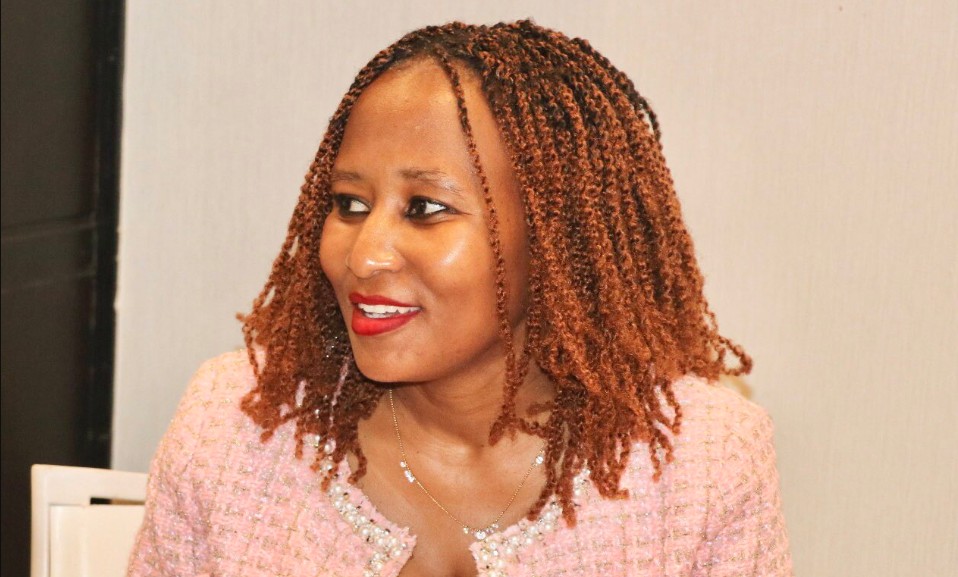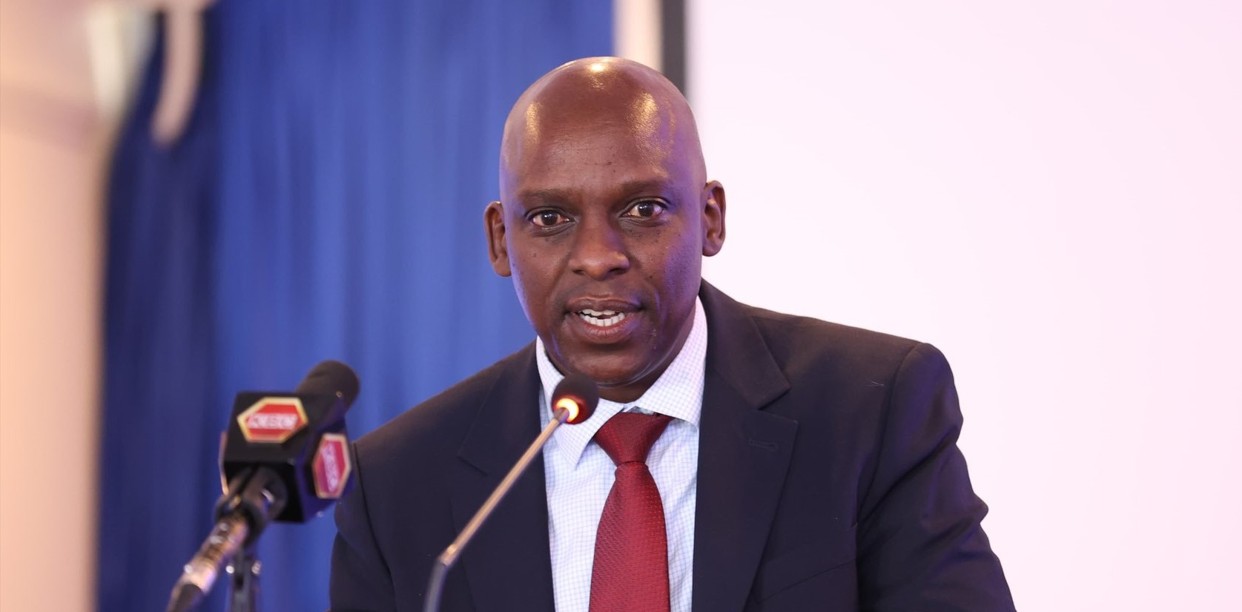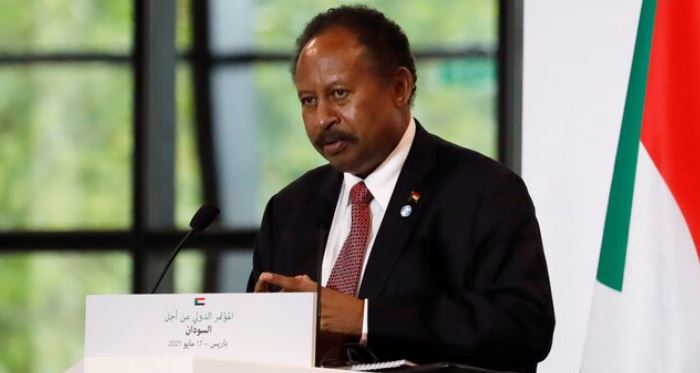Millions of bursaries disbursed without proper documentation, Auditor General report reveals
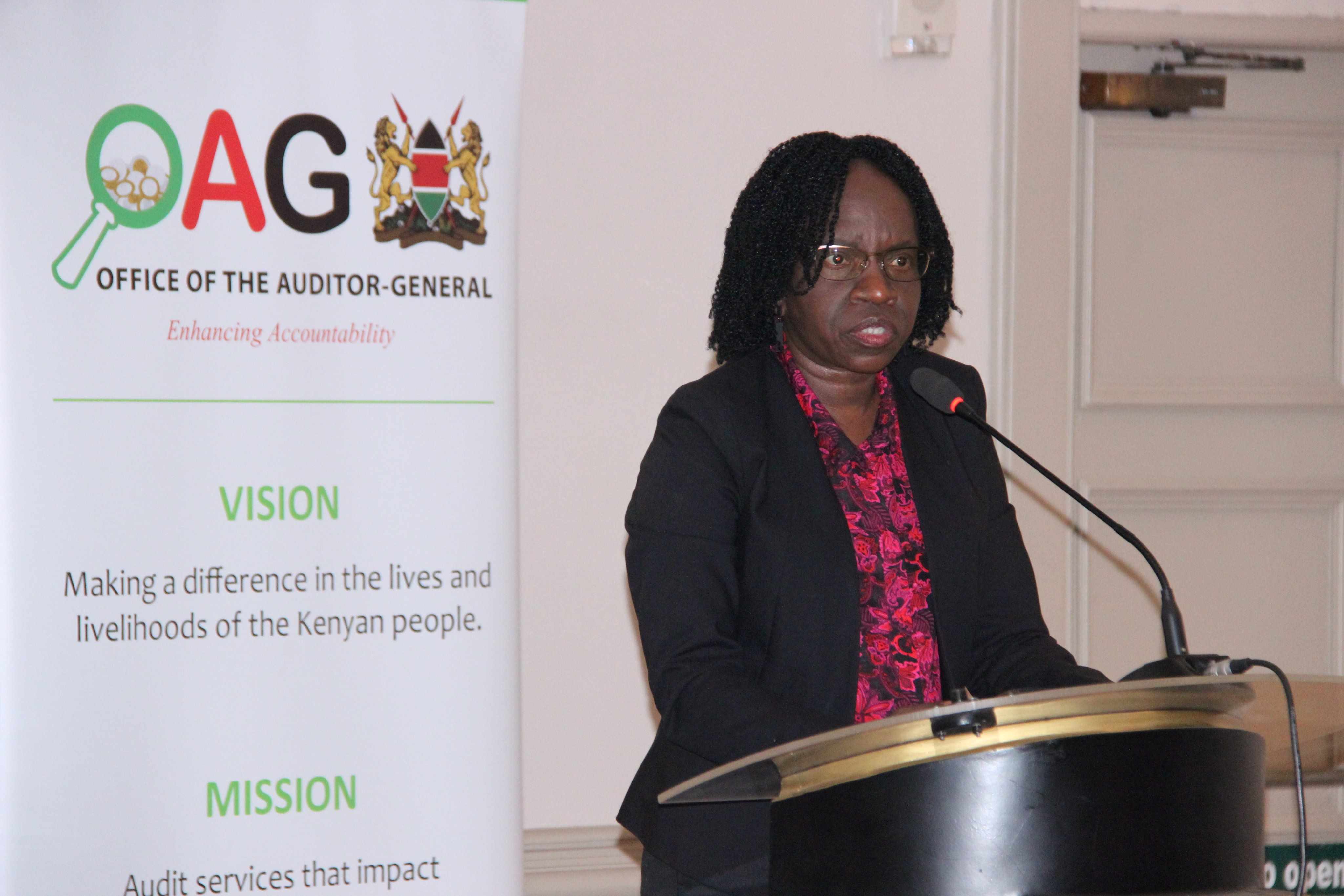
Her latest audit of the National Government-Constituency Development Fund (NG-CDF) reveals missing beneficiary lists, incomplete documentation and lack of evidence for vetting.
Auditor General Nancy Gathungu has uncovered irregularities in the disbursement of millions of shillings in bursaries across over 30 constituencies.
Her latest audit of the National Government-Constituency Development Fund (NG-CDF) reveals missing beneficiary lists, incomplete documentation and lack of evidence for vetting.
More To Read
- KUTRRH officials grilled over Sh1.29bn budget overrun, obsolete PPEs and soaring debts
- Treasury blocks push to grant Auditor General budget autonomy
- Higher Education department blows Sh2 million on overpriced laptops and iPad, audit reveals
- Wasted billions: Auditor-General raises alarm over Sh304bn unused in key government projects
- Auditor General flags risks in Kenya’s Sh4.24 trillion budget, warns of rising debt
- Auditor-General warns of budget delays disrupting government services
This comes just a month after the Auditor raised concerns over NG-CDF operations in a previous report.
Gathungu highlighted several instances where constituencies failed to provide essential details such as student names, admission numbers, and the amounts disbursed to learning institutions.
“In some cases, we could not access supporting documents, receipts, or proof of vetting of bursary applications,” she said in the report.
Constituencies flagged in the report include Kikuyu, led by Majority Leader Kimani Ichung’wah, and others such as Embakasi South (Julius Mawathe), Makadara (George Aladwa), Embakasi Central (Mejja Donk Benjamin Gathiru), and Dagoretti North (Beatrice Elachi).
Others include Lang’ata (Felix Jalang’o), Konoin (Brighton Yegon), Kiambu Town (John Machua), and several more.
In Kikuyu Constituency, the audit revealed discrepancies in bursary disbursements.
“The amount includes Sh28,088,236 for secondary schools, tertiary institutions, and special schools, but supporting documents reflected Sh30,081,000, leaving a variance of Sh1,992,764,” reads the report.
In Embakasi South, Mawathe’s constituency, Sh44.1 million was disbursed to secondary and tertiary institutions without forming a committee to authorise the disbursement.
No evidence of vetting
The report raised concerns over missing evidence of vetting, as well as a lack of receipts or acknowledgements by beneficiary institutions.
The situation in Embakasi Central was similar. The report indicates that Sh36.4 million was given to secondary schools and Sh14.5 million to tertiary institutions, but essential details such as registration numbers and receipts were not provided.
"The accuracy and completeness of bursary disbursements could not be confirmed," Gthugu said in the report.
Dagoretti North was also flagged for inaccuracies. Of the Sh71.9 million allocated, there was a variance of Sh158,781 between reported and disbursed amounts. Supporting documentation was incomplete, including missing acknowledgement letters from institutions.
In Lang’ata constituency, the report revealed unsupported expenditures of Sh52.9 million for bursaries, while in Konoin, funds totalling Sh34.7 million for secondary schools and Sh10.4 million for tertiary institutions were disbursed without proper schedules or supporting documents. The report notes an unexplained variance of Sh1.3 million in the disbursement of Sh6.3 million for school transfers.
Kiambu constituency failed to establish a bursary committee, despite disbursing Sh32.3 million. The report criticised the management for violating National Government Constituencies Development Fund Regulations by not following proper vetting processes.
In Lari constituency, the construction of two classrooms at Kagwe Primary School was delayed, even though Sh2.4 million had been allocated.
“Physical verification revealed that the project had not commenced,” reads the report.
The report also flagged Kabete constituency, where Sh27.3 million was disbursed, but supporting documents such as acknowledgment letters were missing.
"The accuracy and completeness of bursary disbursements totalling Sh27,331,871 could not be confirmed," reads the report.
The High Court had recently declared the NG-CDF Act 2015 unconstitutional, with the fund set to cease operations by June 2026.
The law was ruled unconstitutional based on the argument that it violates the principle of separation of powers and was passed without proper consultation with the Senate.
Justices Kanyi Kimondo, Mugure Thande, and Roselyne Aburili criticised Members of Parliament for overstepping their constitutional mandate by engaging in activities meant for national and county governments.
The judges noted that allocating billions to MPs through the NG-CDF was a misuse of taxpayer money, as a constituency is not a delivery unit.
The ruling came after a case filed by activists Wanjiru Gikonyo and Cornelius Oduor, who argued that the NG-CDF breached the principles of the Public Finance and Management Act and the division of revenue.
The law mandates that revenue should be distributed between the national government and counties.
“It gives the MP the means to build up local patronage that advantages him or her in elections, thus compromising principles of fair elections and integrity, sustains corrupt practices, and intrudes on the functions or powers of both national and county governments,” Oduor said during the case.
Top Stories Today
